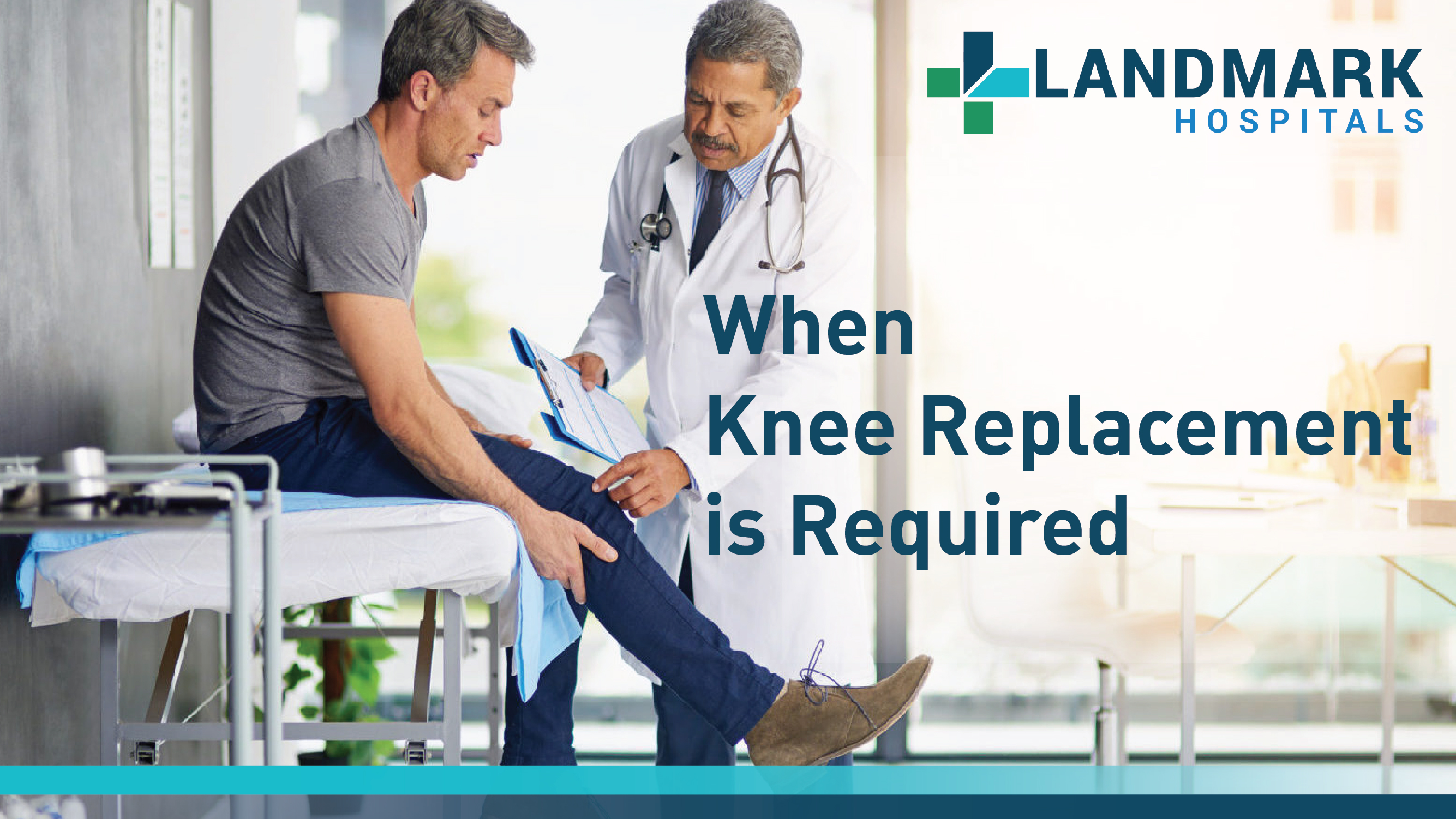
Knee replacement surgery is one of the most common procedures in India. Knee Replacement is done when knee surface gets damaged due to Arthritis. In other words, knee consists of three compartments. If any of the compartment gets damaged then that is resurfaced with artificial implants. Generally there are two types of knee replacements.
Typically, there are three parts in the Knee joint. Medial (Inside) Part, Lateral Part (Outside), and Patellofemoral part. If any of these parts get damaged then it will be resurfaced and placed with artificial implants. This process is called Partial Knee Replacement.
The name itself is defining that, this is the stage where the complete three compartments or total knee joint gets damaged. The degenerative knee joint is replaced with man made implants. This procedure is called Total Knee Replacement.
Knee is the largest bone of the body. Knee consists of 4 components namely, bones, cartilage, ligaments and tendons. Knee pain is common in people of all ages. Typically knee pain is caused because of injuries, torn cartilage, ruptured ligament and etc. There are other medical conditions such as Knee Arthritis, gout and infections which also leads to severe knee pain.
There are many causes for Knee Pain. Some of them are listed below.
Knee Arthritis is one of the most common cause for Knee Pain. Arthritis means inflammation or swelling one or more joints of the knee. Pain, swelling, stiffness are the symptoms of knee arthritis.
The wear and tear of the knee joint is called Osteoarthritis. Osteoarthritis is a condition in which, the Cartilage of the knee joint wears off gradually. As the cartilage wears off, the protective space between the bones decreases and this leads to rubbing of bone on bone.
It is occurred mostly in the people of 50 years age and older. However, sometimes it occurs to young people also.
Rheumatoid arthritis attacks multiple joints of the body including knee joints. In this condition, synovial membrane that covers knee joint began to swell. As a result, pain and stiffness occurs to the knee joint.
The name itself indicates, that Post Traumatic arthritis means, pain occurs after injury caused to knee joint. For instance, a broken bone may damage the joints and cause pain after many years of the injury.
A substance called Uric Acid gathers or builds up together in knee and causes pain in the knee.
Like same as Gout, Calcium containing crystals gathers together in the knee joint and causes pain.
In this condition, bacteria affects the knee joint which leads to stiffness, swelling and pain
Meniscus is a piece of cartilage in the knee that cushions and stabilises the joint. It protects the bones from wear and tear. When an activity forcefully rotates your knee it causes tear in Menisci. Meniscal injury causes pain, swelling in knee.
For more cushioning to your knee joint, several fluids structures called Bursas helps. If a person do certain activities like kneeling on the floor, that fluid gets irritated and this state is called Bursitis.
Tendons are the tissues that anchor muscles to bones. When this tissues gets damaged or inflamed that condition is called Tendinitis.
To hold the knee joints together, Ligament tissues are important. Sometimes, ligaments gets torn during sports or athletic activities. This condition leads to severe pain, swelling in the knee joint.
Under the kneecap a cartilage will be there. In some conditions like if you overuse your knee, causes injury to the knee joint, or if your kneecap not aligned properly, then the cartilage becomes weak and breaks down. This condition is called Chondromalacia patellae
This condition is also called as “Runner’s Knee”. It is caused due to over doing of physical activities. At this situation, tissues over the knee which are too tight or too weak gets affected and cause severe pain.
This is the condition in which, knee cap will be dislocated due to overweight on the knee or person putting complete weight on one foot and changes his/her direction quickly.
Osteoarthritis is the main cause for choosing Knee Replacement Surgery. As we told earlier, in Osteoarthritis, breakdown of the joint cartilage can be seen. This leads to the damage of the knee joint and causes severe pain.
Patient suffering with Osteoarthritis will be examined and undergoes many medical tests. This medical tests helps to find out whether there are any complications like heart disease, increased insulin levels, BP etc are there or not.
Typically an Orthopedic Doctor immediately won’t choose for Knee Replacement Surgery. First, he will go with all alternative mechanisms like, medication, diet, exercises, losing weight and etc. And if all alternatives doesn’t work effectively, then he will go with your medical history and tests like X-rays, MRI, ECG. X-ray is the best way to find out the damaged knee and whether to go for surgery or not. Next he will go with MRI for clear look.
If you have tried all other options like, applying ointments to the affected area of knee, taking pills, having physiotherapy, consulting doctor repeatedly and etc. But still your knee hurts then you have to visit your doctor and should get his opinion on Knee replacement.
In the tests and consultations, if the Orthopedic doctor found that it is necessary to replace your damaged knee joint, the he will suggest for Knee Replacement Surgery.
Dr. Sudhir Kumar Reddy holds eminent qualifications, having obtained credentials as MS (Orthopaedics) from AIIMS, and M.Ch.Ortho from University of Dundee, U.K.